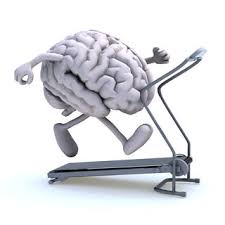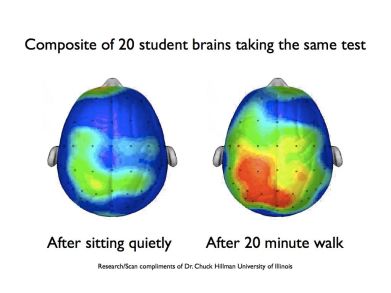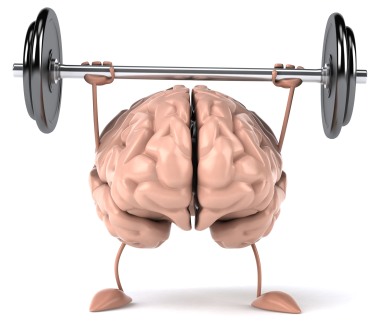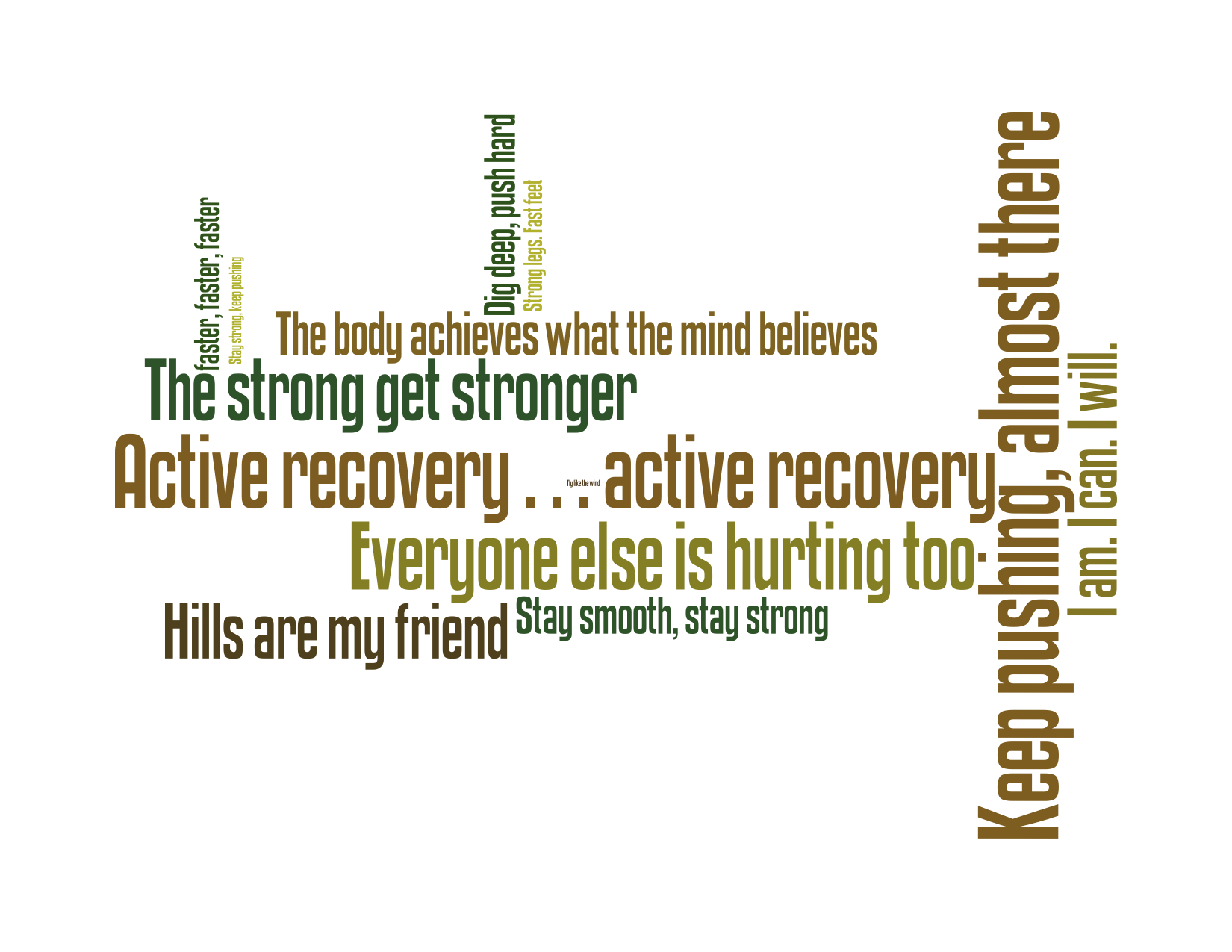The blog post this week comes from the yoga, marathon spotlight and psychologist Ali Mathers. When asking previously what people wanted to get from the blog, one answer was the role of the brain in marathon running.
I was delighted to pass over to Ali, fresh from her Rotterdam marathon to give us a great insight.

ENDURANCE RUNNING AND THE BRAIN
TRAIN YOUR BRAIN TO RUN YOUR BEST – first however know your brain
There is available information and research out there how running can have positive effects on our mind and it’s often referred to as the road to self-awareness and reliance – you can push yourself and learn from the harsh reality of your physical and mental limitations. Are you familiar with those feelings? Often finding that your outlook is more positive after a run and the things that were troubling you no longer feel so bad. These feelings have a scientific basis. Research conducted in the field of neuroscience show the effects aerobic exercise has on cognitive clarity and emotional well-being.

Without going into too much detail here are very briefly some of the ways running can boost your brain power!
New Nerons could be created – Neuropsychology research suggest that the only activity that is shown to create new neurons is vigorous aerobic exercise – so sweating it out for 40+ minutes is doing your brain a lot of good and helping it stay mentally fitter. Importantly exercise such as running boosts those neurons far more than high intensity training (HIT) or resistance training.

Runners CAN recover from Negative Emotions more quickly – exercise can change the way people react to their emotions.
Working memory can be enhanced –Acute aerobic exercise increases cortical activity during working memory.
Let’s go back to the title running long and the brain. Is it all positive?
While many of the immediate side-effects of running 26.2 miles are negative (don’t worry! *** see below), there are some positive ones that occur in the brain. Running long distances can trigger the release of neurotransmitters that can produce feelings of euphoria and can distract from or numb some of the physical pain from running. It’s commonly referred to as the “runner’s high.”
In addition to biological reactions in the brain runners may also feel happy, particularly as they near and cross the finish because of the excitement of completing such a big task. The psychological benefit is profound. There’s a great sense of accomplishment for marathon runners.
No one expects endurance to come naturally but people think mental toughness does. It is a myth that you do not need more than will power. You need to train your brain like you train your body.

“Approaching mile 19 feel exhausted, a voice whispers that this race is not meant to be… You’ve done your best the voice said in a calm, caring tone. You inhale pretending not to listen but when it said its ok to slow down … you slow the pace and embrace the marathon shuffle….” You cling to the idea that better physical training would propel through these tough spots but repeatedly after a solid training cycle filled with long runs and race paced miles you succumb to doubt.
Science has confirmed that performance at the end of an endurance event has as much to do with psychology as physiology. THINKING IS BEHAVIOUR!
Plenty of runners have boosted their mental toughness using visualization and mantras. “Yes you can” In theory mental training makes perfect sense: Alter your thinking and improve your results. But how exactly does one rewire thoughts?
You need to practice mental skills throughout training, not randomly tossing in a mantra midrace. Mental skills, like physical strength, develop over time and with consistency.

The mentally tougher runner tends to be a positive thinker and more process orientated (as opposed to the negative thinking results orientated runner). “If you focus on the results you take yourself out of the now “It is the now that allows the results later.
Being positive is just as critical. Pessimism ranked as runners’ top mental block. Negativity, whether its worry or doubt, often leads to self-defeating behaviours including slowing down, cutting a work out short or dropping out of the race ( obviously there are also PHYSICAL reasons too why this may happen) It is like the self-fulfilling prophecy. Mentally strong runners don’t go there. They use their thoughts and their training to feed a belief in themselves.

In order for mental training to be effective, it must be individual. Set personal process goals and determine a focus tool. Process goals are the specific physical and mental steps that lead to a performance like setting a PB or finishing a race without walking. They should be measurable and address your weaknesses: practice 5 minutes of visualization daily (if you struggle seeing yourself succeed) do weekly fast finish runs if you slow in the final miles of a race, follow a training programme if you tend to skip workouts! Do however know that you can have a lousy run and still have a strong training week!

Select a focus tool – a word, phrase or action that mutes destructive chatter and keeps you in the moment (this is something I personally find so helpful!) Some people benefit from competition – visualizing reeling runners in helps them put the pain aside. You have to learn what works for you. THIS CAN TAKE TIME!
Hard wiring the mind is as formulaic as anything else. If you take action results will follow. Do speed work : get faster. Eat less lose weight. Stop negative thinking: punch through pain.
“You don’t control if you run 3.30, – you can only control the steps that improve your chances of hitting that time, from how well you train to whether you take fluids on the day.”
7.45min / mile pace – I worry I will die later on
8.15min / mile pace – I doubt I will reach my goal
BOTH ARE NEGATIVE
Look at numbers as feedback – 7.45 – I’m on today I better pull back 8.15 – good, just a little more!
REFRAMING IS KEY – when you seek to find the positive information becomes useful. If you think every workout or run isn’t good then you waste energy recovering from disappointment. If you see a bad race as part of the process you can move on.
HEAD STRONG know and understand that you can run well when tried! In sport fatigue is highly subjective. The brain processes physical cues (chemical and electrical signals from muscles) and environmental information (how you expect to feel) and concludes hey I am done here! HOWEVER years of research shows that the mind can override the body – that fatigue more often than not is a perception rather than true physiological depletion.
Refocus find the good in every run – experiment with various power words. Visualize punching through pain. Staying in the mile of the marathon can help and then let that mile GO!

Thanks Ali for the positive words, it really has helped with me going into taper now. The negative thoughts do start to creep in. You start to lose trust in the processes. Fear all the hardworking is for nothing….but the brain needs to be exposed to these environments and processes to get stronger. Thanks again Ali.
- What is your Mantra?
- What are your thoughts around marathons?
- How have they changed with completing your run?
Thanks for reading
Run Long and Prosper
James Cruickshank

